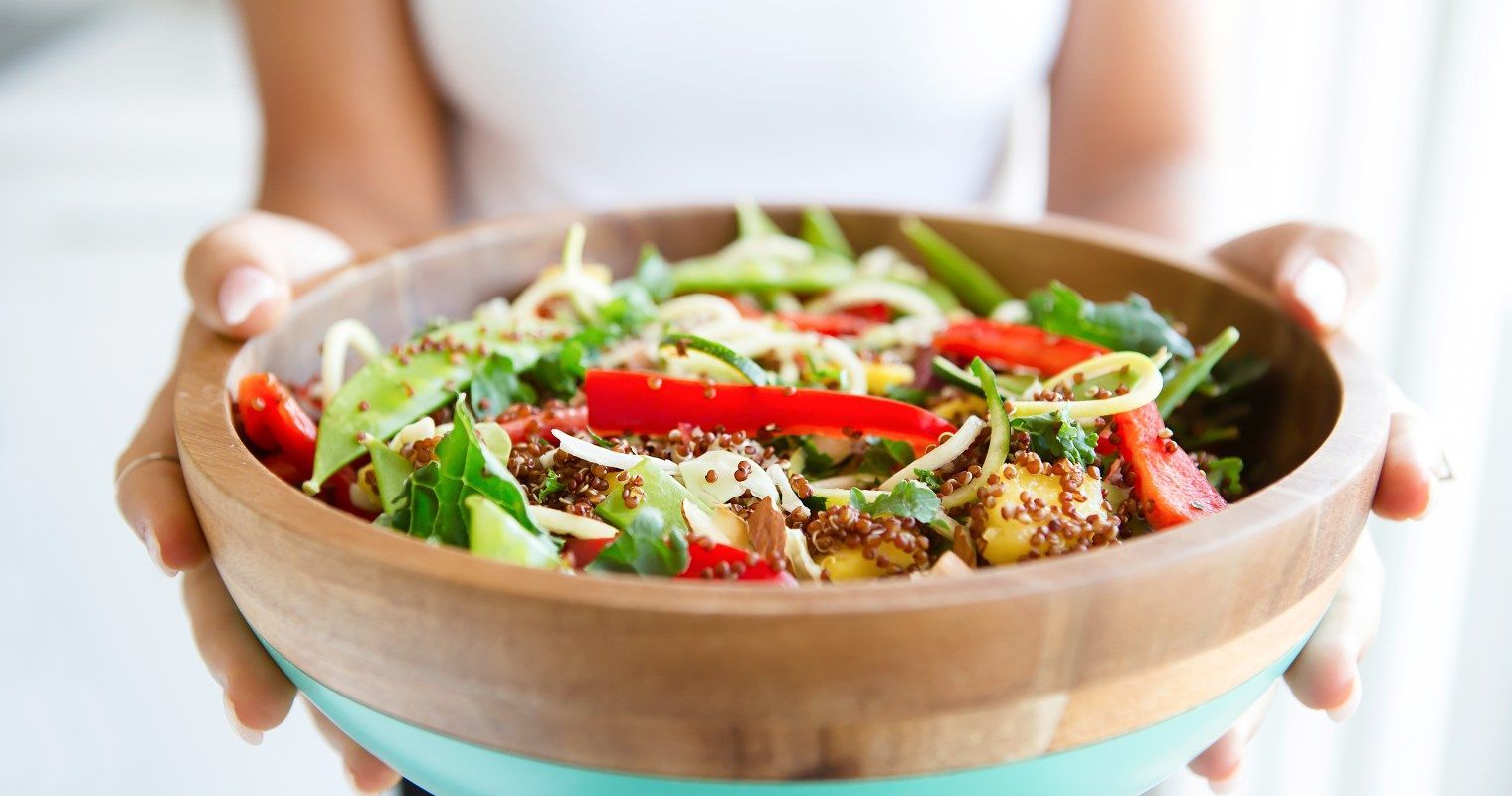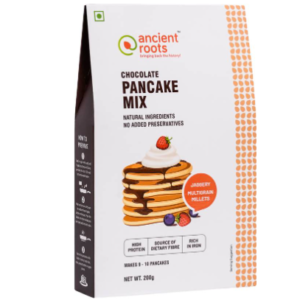
Plant-based diets like the vegan diet are gaining popularity these days. With numerous health benefits, it also helps to reduce weight. But if it is not followed correctly, it can lead to weight gain. The principle behind this is simple. If you aren’t burning more calories than you consume, it will lead to weight gain.
WHAT IS A VEGAIN DIET?
A Vegan or plant-based diet is a diet that focuses on consuming vegetables, fruits, whole grains, and other plant-based products. All dairy and poultry products are banned from consuming in this form of diet. This includes cheese, eggs, milk, meat, and other animal-based products.
Generally, people who are looking forward to losing weight opt for the vegan diet. However, if you are someone who is experiencing weight gain after starting the diet, here are some reasons to give you a better clarity-:
LACK OF EXERCISE/PHYSICAL ACTIVITY
One of the most common and ignored reason of increased weight gain. To loose weight it is essential to note that 80% should be your diet 15% of your workout or any exercise and 5% of determination. If you only focus on one aspect of the weight-loss plan, and not include the others, that may lead to weight gain. Adding 60 minutes of workout to your daily routine can help you cut down on your weight. It will also boost immunity, and hormonal balance.
EATING LESS CAN LEAD TO WEIGHT GAIN
You read that right! Undereating can also be an issue and lead to weight gain. Going on a diet does not necessarily mean, you should eat less. Just eating the portion of the amount can help you tons. You need calories to do your daily chores, walk, think, rest, and even eat. If you eat less, the body will store food to make itself secure. This will slow your metabolism rate, resulting in gaining weight.
EATING WAY TOO MUCH
People generally think that going on a plant-based diet can lessen your calorie intake, which is generally not the case. Foods like nut butter, olive oils, avocados, nuts, salad dressings, and breakfast cereals are some foods that contain a large number of calories. Consuming more calories than required can also lead to weight gain. There are other foods like quinoa, and beans that are high in carbohydrates than proteins. A quick suggestion is to use a calorie-tracking app to prevent yourself from over-eating.
DRINKING EXTRA CALORIES
Consuming drinks like juices, smoothies, and alcohol can add extra calories to your diet even though they are healthy. This can lead to weight gain. If you are someone who prefers drinks over foods, try to control your portions. For example, drink only a glass of smoothie with added fruits for breakfast instead of a full breakfast meal. This will prevent you from consuming extra calories and keep you full at the same time. Another quick tip is to keep snacking throughout the day. Consuming small portions of food/drinks over a period of time is effective in keeping your weight intact.
DEPENDING ON OUTSIDE FOOD CAN PROMOTE WEIGHT GAIN
It is normal to crave outside food, and it is completely fine if you go for it once in a while. But overdoing it can be harmful. Even if you order a vegan-friendly menu, restaurants go overboard in adding sodium and fat. You also can’t guarantee whether they are making the food according to vegan standards. Home-cooked food is more beneficial if you want to lose weight. Not to forget, you can always prepare it in your way without worrying about the taste.

AIMING FOR UNREALISTIC RESULTS
It is crucial to set goals beyond your comfort level to achieve a better result. Along with that, it is also important to set realistic goals. This is a common reason why people gain weight. Setting goals that are too hard to achieve can demotivate you. This will encourage you to go back to old habits. Try to set goals that you are confident you can achieve. Also, keep a record of your results. Practicing this will you clarity of your diet.
DECREASED PROTEIN-INTAKE
A lack of proteins can also lead to weight gain. Proteins keep you full for a longer time, preventing you from consuming junk food. Foods like pulses and lentils are not high in calories. This will aid your weight-loss goals. However, protein powders and other protein supplements might reverse the process. Hence, consume no more than 25% of protein foods every day. This will also increase your insulin sensitivity which is vital for weight loss. Don’t overdo it as an excess of protein can convert itself into fats.
LACK OF SLEEP
Another reason, not commonly known, is an absence or lack of sleep. A hormone called ghrelin is activated due to not sleeping. This can cause binge eating and weight gain, both. If you are facing troubles while sleeping, try to stay away from light right before you go to sleep. Another thing you can do is sleep in a room with less or no noise. Try modify9ing your eating practices. This can improve your sleeping practices as well.
NOT MONITORING YOUR WEIGHT LOSS PROCESS
Last but not the least, not documenting your weight loss can prove your carelessness which can instigate weight gain. Documenting your weight loss can motivate you to expand your boundaries. When you note down your progress you can notice the weight difference. This way you can also plan your diet and exercise, accordingly. Keeping a track of your progress can also give you clarity on what is working for you the best.
We have listed some of the reasons which can help you detect the areas you are lacking and will help in modifying them. For more insights on health and health products, do visit our website foodvez.com.


